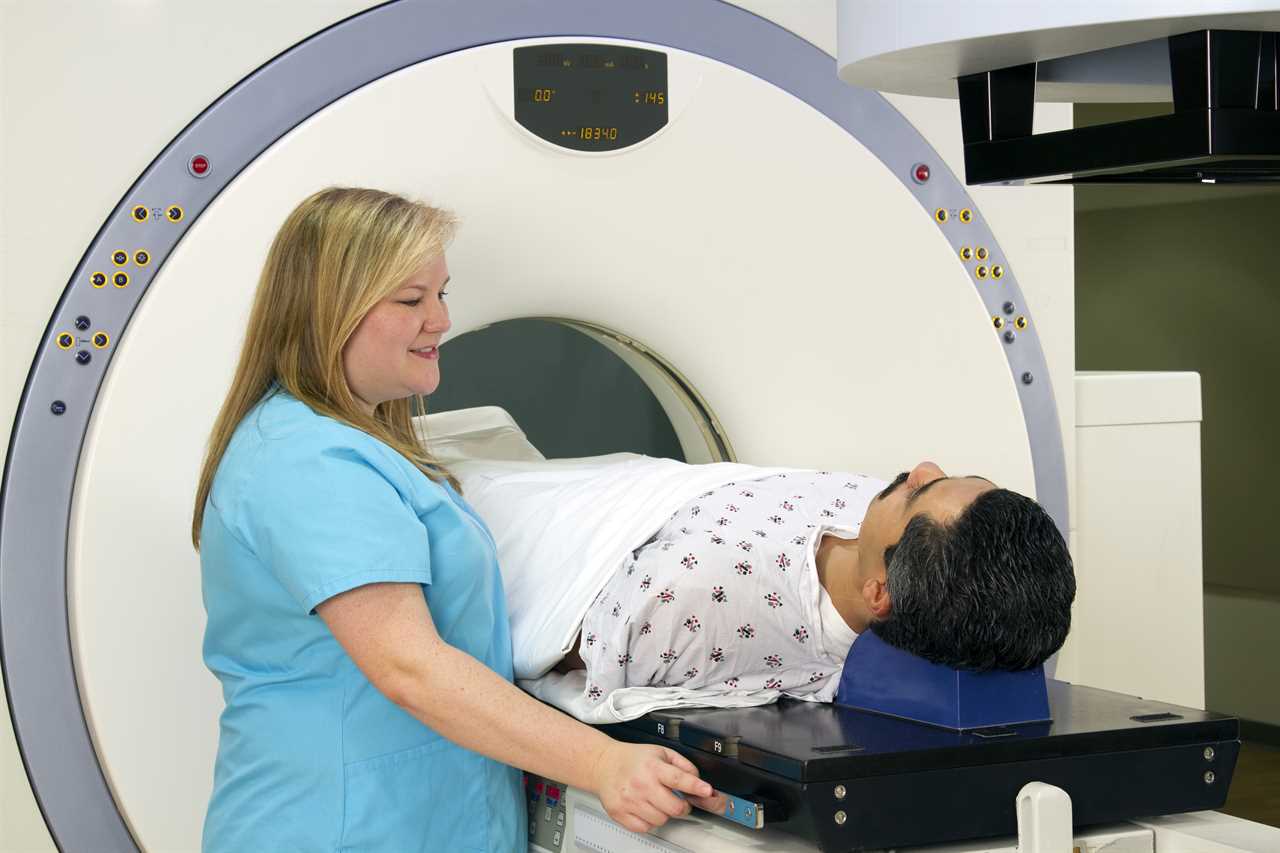
More than a million lives have been saved from cancer in the UK since the 1980s, thanks to advancements in treatment, smoking cessation efforts, and NHS screening programs, according to analysis by Cancer Research UK (CRUK).
Improvement in Death Rates
CRUK estimates that yearly cancer death rates have fallen by a quarter. The organization estimates that 560,000 Brits have been saved from lung cancer, 236,000 from stomach cancer, 224,000 from bowel cancer, and 170,000 from breast tumors.
Cancer Clinics Struggling to Cope
Despite the progress in cancer survival rates, cancer clinics are facing significant challenges in meeting the increasing demand, according to CRUK. The charity points to NHS figures showing that treatment delays are at some of the worst levels on record.
Peaks and Declines in Death Rates
According to CRUK's analysis, cancer death rates reached their peak in 1985 for men and 1989 for women. Since then, they have fallen by an average of 27 percent. If death rates had remained the same as they were in the 1980s, an additional 1.2 million people would have died from cancer in the past three to four decades.
Increasing Number of Cancer Cases
The number of cancer cases is on the rise due to more people living to old age, when the likelihood of developing cancer increases. However, CRUK highlights that survival chances have improved, partly due to advancements in radiotherapy and drugs.
The Impact of NHS Screening and Anti-Smoking Campaigns
CRUK credits NHS screening programs, which provide routine checks for breast, bowel, and cervical cancers, for contributing to early diagnosis and improved survival rates. Anti-smoking campaigns have also played a crucial role in helping hundreds of thousands of individuals avoid deadly lung diseases.
Challenges and the Way Forward
Despite the positive trends, some cancer death rates are still increasing, and cancer clinics are struggling to keep up with the demand. Currently, four in 10 patients in England wait longer than two months to start treatment after their initial doctor visit, far below the NHS target of at least 85 percent being treated within that time frame.
CRUK's Chief Executive, Michelle Mitchell, emphasizes the importance of continued investment in cancer research, strong political leadership, and public support to build upon the progress achieved in the last 40 years. Dame Cally Palmer, cancer chief at NHS England, also praised the figures as "fantastic progress" and encouraged individuals with worrying signs or symptoms to get checked out, as it could save their lives.






